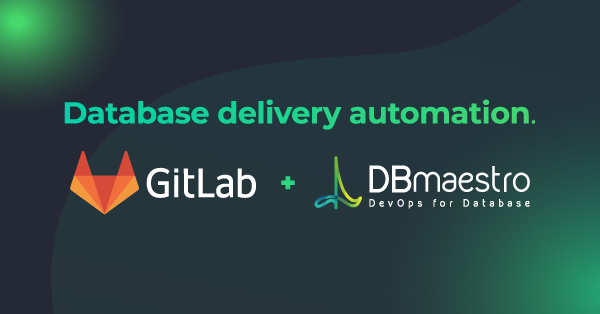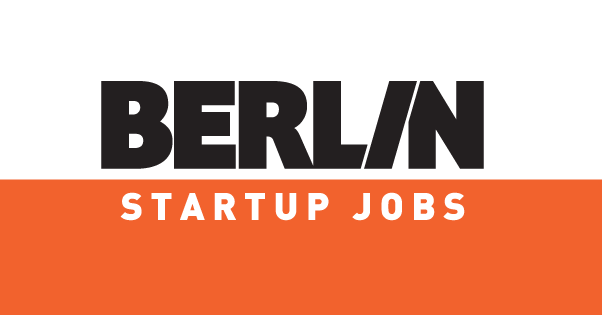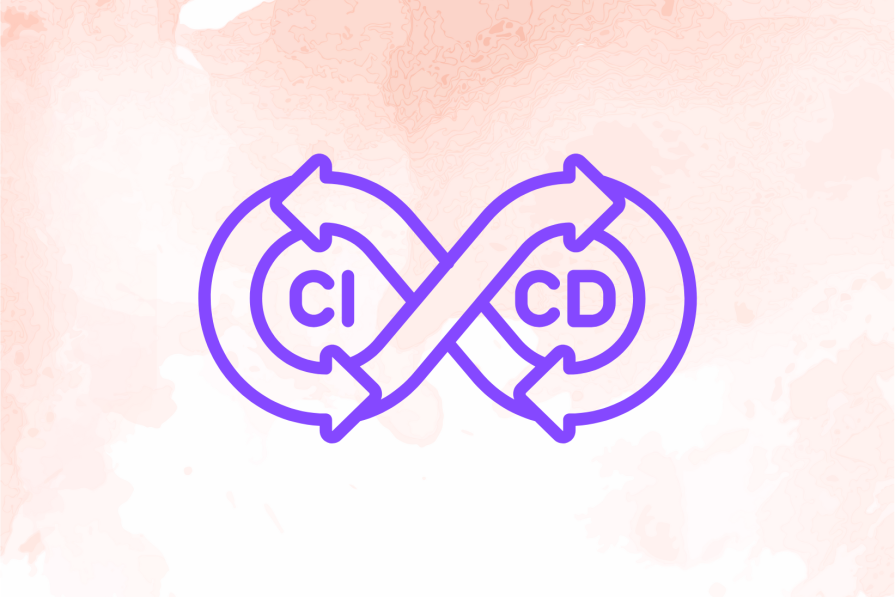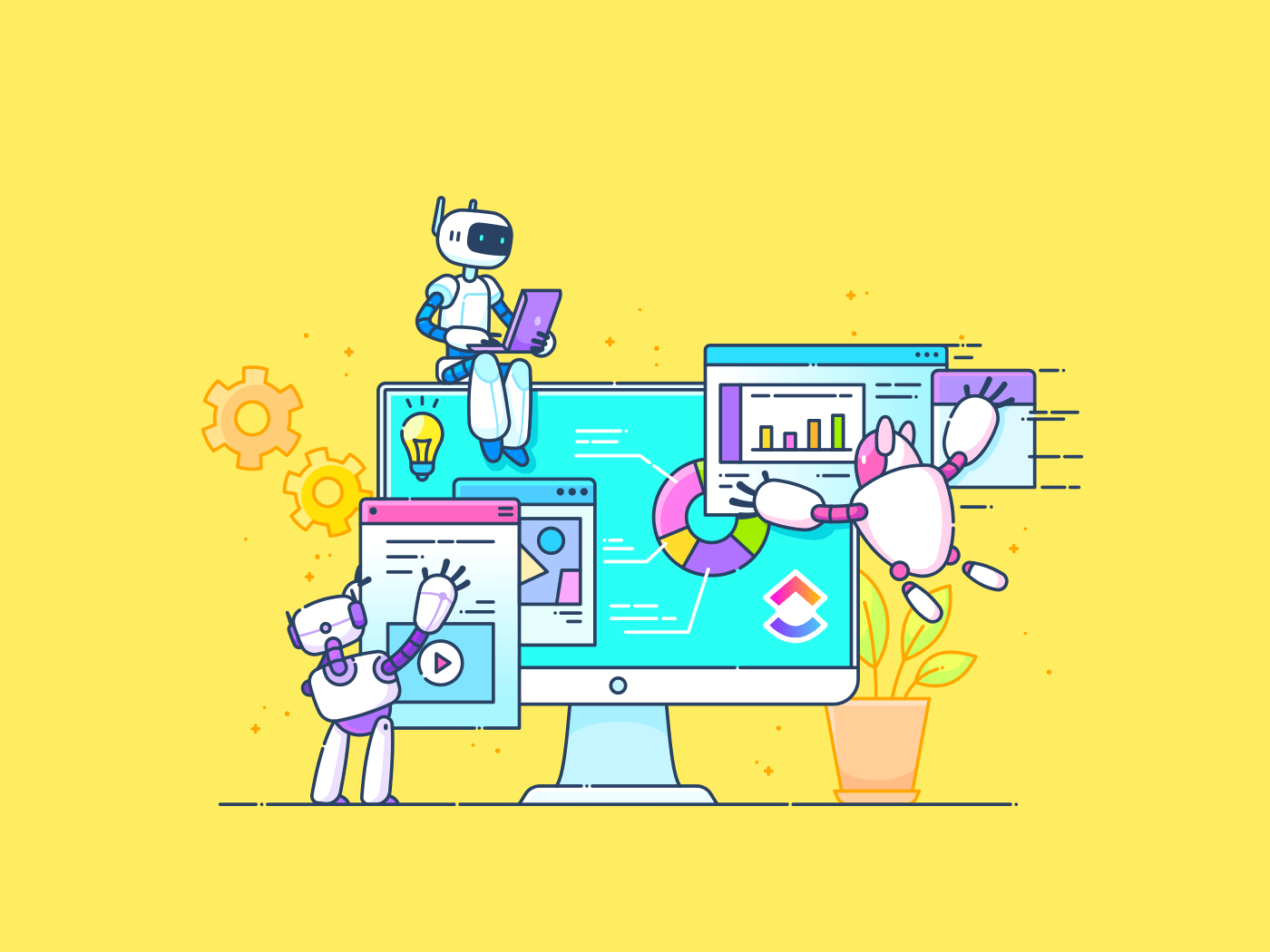fromDevOps.com
1 day agoWhy Responsible AI Isn't Optional in DevOps - it is the Next Frontier of Ownership - DevOps.com
Recently, AI has infiltrated every corner of software delivery. It is writing code, tuning tests, fixing bugs, correlating logs and - most provocatively - making decisions inside CI/CD pipelines that used to be purely human territory. This isn't marketing hype - it is the inevitable result of handing models not just data, but influence. Influence without accountability is the sort of blind spot that turns innovation into chaos.
Artificial intelligence




























